Guest post by Jeremy Pressman
One thing that struck me about the reaction in the United States to the Paris attacks of November 13 was how quickly many governors and presidential candidates announced opposition to allowing Syrian refugees into the United States. That was the first important signal that their decision was not based on any strategic or careful analysis of the situation – we didn’t even know how a Syrian passport played into the attack if at all – but rather was due to some other factor like a general panic, the pursuit of political gain, or kowtowing to anti-Muslim sentiment (never mind that the states probably don’t have the legal right to block federal refugee resettlement programs).
Let’s assume for a moment that ISIS would try to slip a terrorist in through the US refugee resettlement program. What is the evidence that the US screening process, which lasts 1 ½ to 2 years, wouldn’t catch them? What are the specific shortcomings of the screening? Has any governor or candidate made that case: here are the particular problems with the current screening process? The argument seems far less credible if it is just a generalized rejection of screening without any evidence these politicians know how the process actually works.
Or, where are the past examples of refugees admitted to the United States who committed acts of domestic terrorism? One friend suggested the Tzarnaev brothers (Boston Marathon bombing), but their parents originally came to the United States on a tourist visa and then later sought asylum. Asylum is not the same as refugee resettlement. To seek asylum, the Tzarnaevs needed to already be in the United States. The resettlement of 10,000 Syrian refugees involves Syrian refugees who currently are living in neither the United States nor Syria and much of the screening process takes place even before they step foot in the United States, if they even get to that point (see here for one refugee’s experience of how that process works).
Have refugees been especially violence-prone once settled in the United States? @ZaidJilani claimed “169,000 Bosnian Muslim refugees came to the US in the 1990s, from a radicalized warzone. Not one terrorist.” @Daren_J_Zehnle, a Priest of the Diocese of Springfield in Illinois, pointed out one counter-example, allegations a Bosnian who resettled in the US traveled to Syria to join ISIS (he is now dead). Relevant, but not an example of a US refugee who committed a domestic act of terrorism in the United States, the core line of attack on resettling Syrian refugees today. Along these lines, Seth Jones of RAND listed 10 cases of refugees arrested on terrorism-related charges in the US from 2009-2015.
Part of the problem is a blurring of different categories. As Alex Nowrasteh points out, “Foreign- born terrorists tend to enter on student visas, tourist visas, business visas, have asylum applications pending, or are lawful permanent residents – all nonimmigrant or immigrant categories [that] face fewer security and background screenings than refugees do.”
I have been struck by the total decontextualization in thinking about the concept of threat or danger. Refugees are dangerous compared to what? Again, Nowrasteh:
Of the 859,629 refugees admitted from 2001 onwards, only three have been convicted of planning terrorist attacks on targets outside of the United States and none was successfully carried out. That is one terrorism-planning conviction for a refugee for every 286,543 of them who have been admitted. To put that in perspective, about 1 in every 22,541 Americans committed murder in 2014.
Actually, don’t these numbers mean we should accept more refugees since they are less violent than the US average and would thereby dilute the violence of American society? To me, this broader decontextualization is symptomatic of an irrational panic.
Overall, this debate over Syrian refugees highlights a hawkish tendency to falsely claim a monopoly on security arguments. No worries, it happens many times across debates over international affairs. The hawkish claim here: Syrian refugees are dangerous, thus blocking them makes the United States safer.
But hold on a minute. What if blocking refugees makes the United States less safe? This is not simply a debate of security hawks vs. empathetic doves, even though that is the framing debate hawks much prefer. They like to claim the safety mantle, even when it is not theirs to claim.
How might blocking Syrian refugees worsen US security? Some hypotheses: 1) It plays right into the ISIS and AQ storylines that they are engaged in a war with the West and the West reviles Muslims. So it could bolster that storyline and help ISIS with recruitment, thus bolstering their ranks. 2) In a small way, the possibility of US resettlement could create a little more hope among Syrian refugees and in refugee camps. Without it, a little more desperation. ISIS feeds on desperation, and it too helps them recruit people with no other means of survival. 3) Grateful Syrian-Americans and Muslim Americans could help burnish the US image 4) More specifically, down the road a cadre of Arabic-speaking Muslims, Syrian or otherwise, could feed into US personnel needs in the US military and intelligence community. Assuming we are still in this fight, and we very well could be, in 10 or 20 years, grateful communities who can push back against ISIS or the next incarnation of violent jihadism could be instrumental in ensuring the safety of the United States.
Not to mention the humanitarian angle; the general productivity of refugees in the United States; and the centrality to absorbing more people, including refugees, to the growth of the United States, both now and historically.
Can we have a reasoned debate where to be taken seriously, arguments have to have some historical and factual basis? Is that too much to ask? Or is the flight from careful analysis to become a permanent feature of our politics?
Jeremy Pressman is Associate Professor of Political Science and Director of Middle East Studies at the University of Connecticut. You can follow him on twitter @djpressman

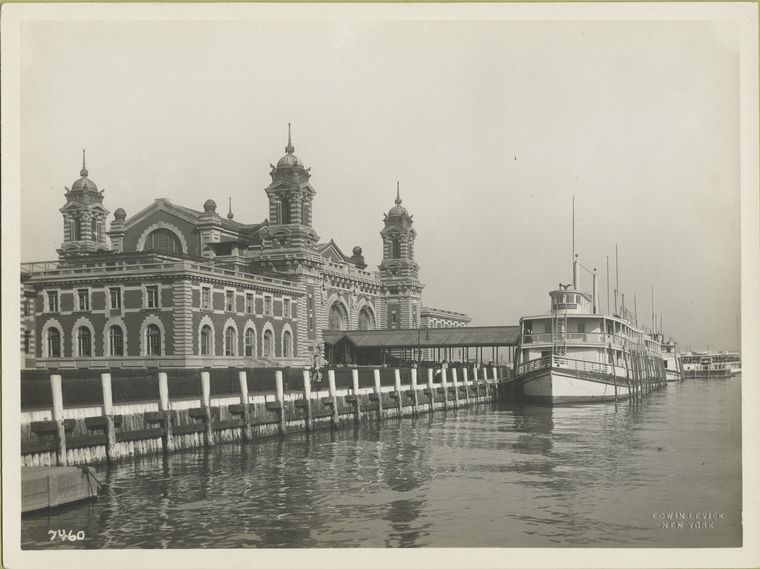
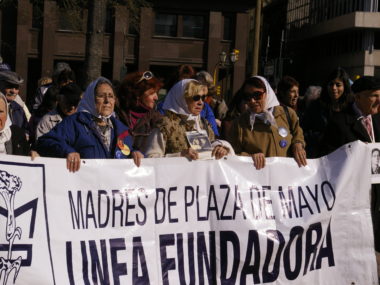
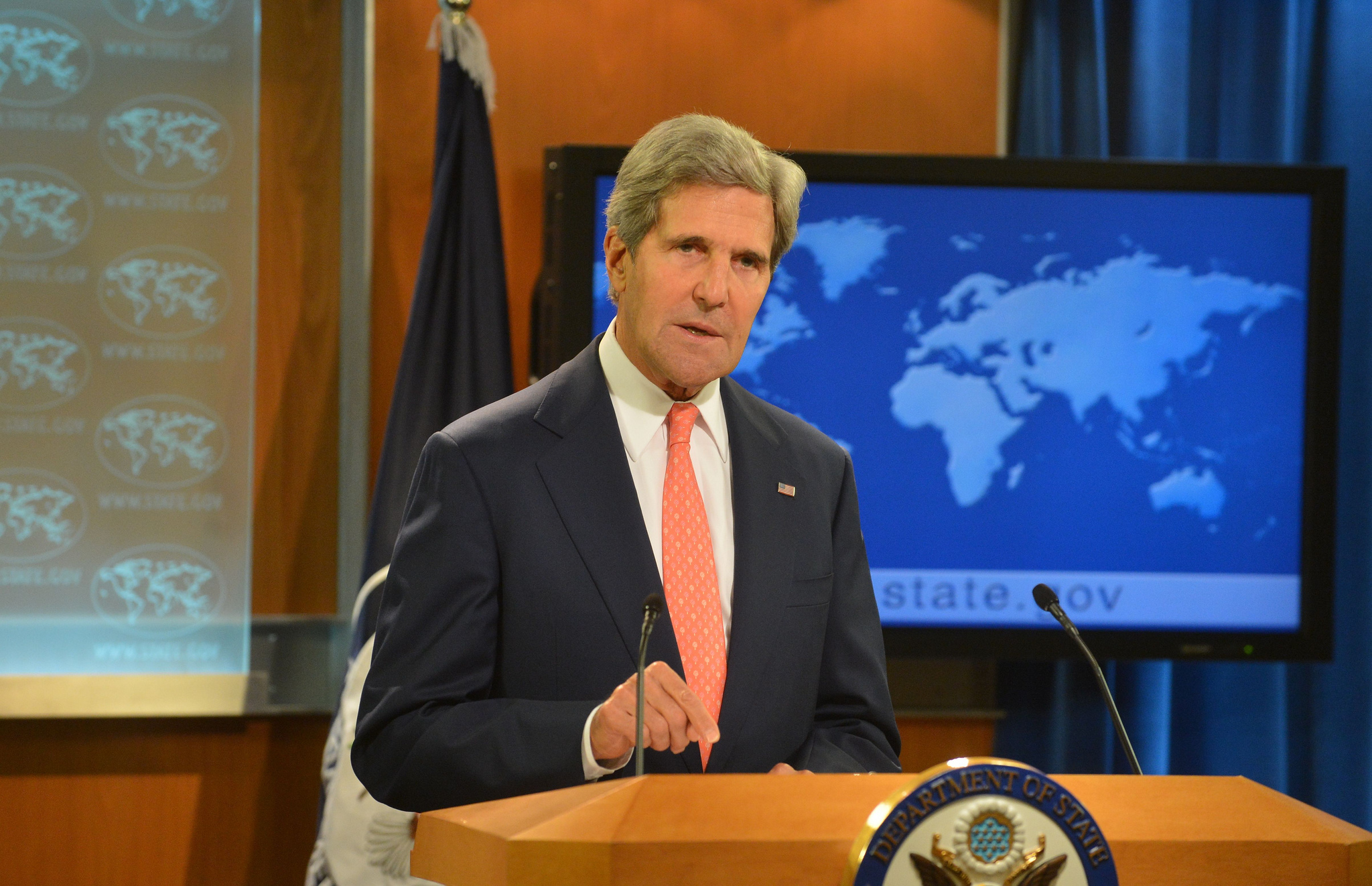

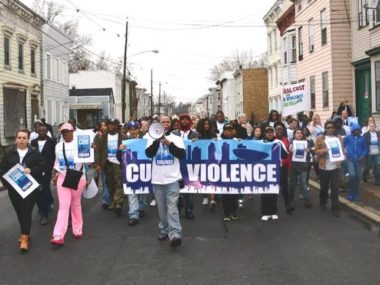
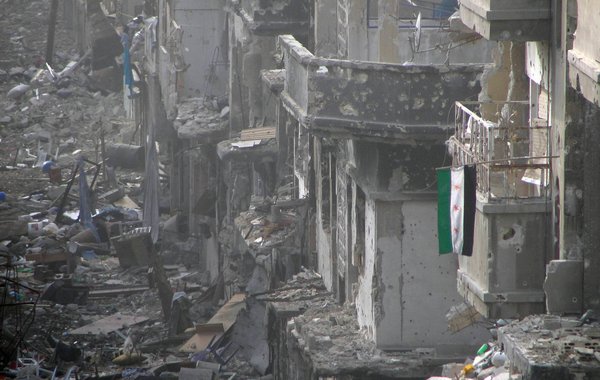
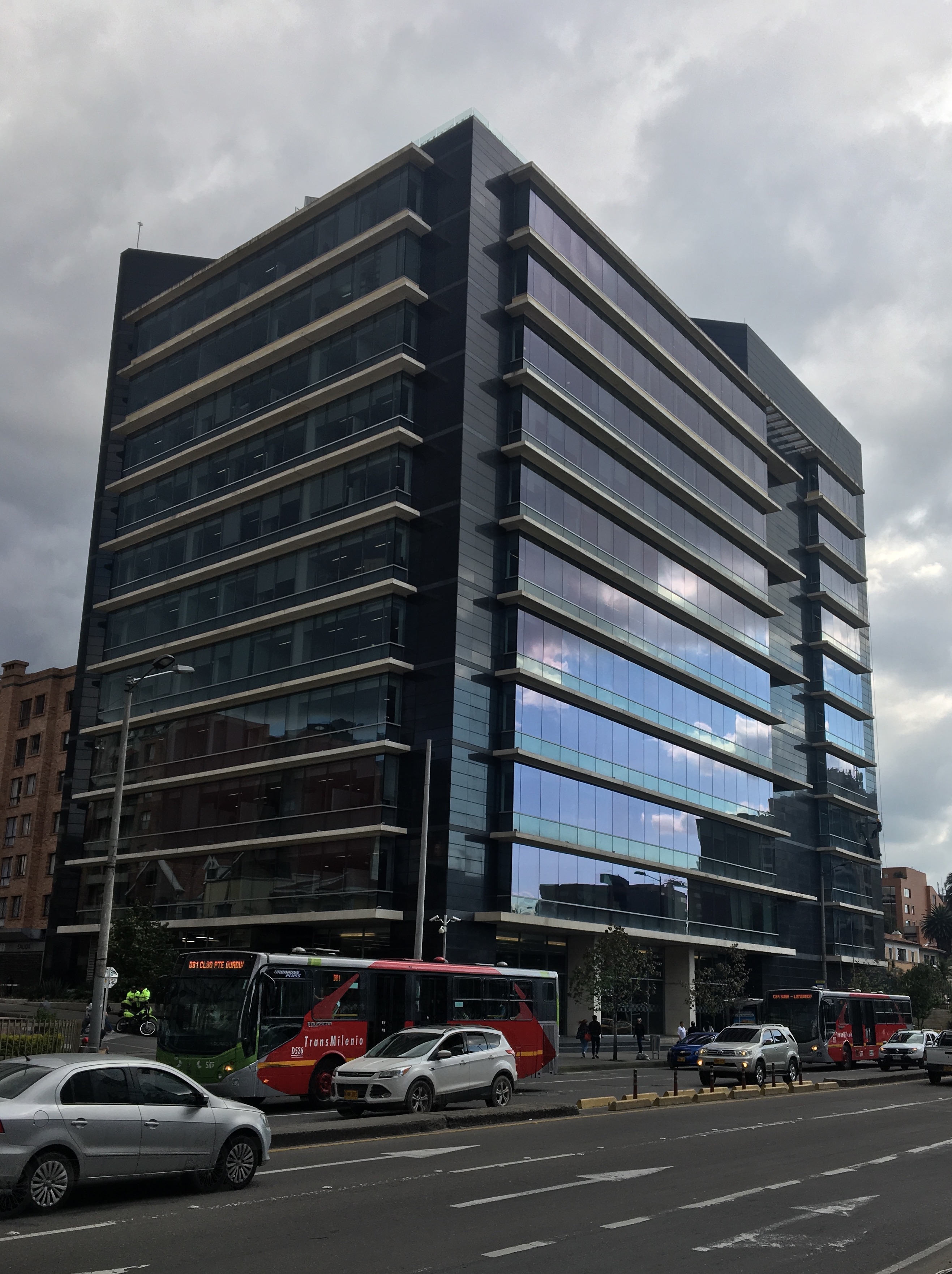
4 comments
When did the people of the United States ever have a reasoned debate about anything of general interest to the public? The ruling class may have reasoned debates behind closed doors from time to time, although there is not much evidence of it, but they certainly don’t instruct their political, academic, and media servants to bring it before the general populace. On the contrary, every effort is made to suppress such practices, which could threaten the established order.
Sort of like focusing on the Confederate flag after a lone gunman representing nobody kills a lot of people in a church.
Of course, this reaction is not limited to the refugee issue. Just a year ago, reacting to Ebola, people who had never known this was an issue suddenly declared that the existing system was broken, that the experts were all wrong, and that only I can solve this and will do so on the basis of “common sense.” Chris Christie is an example in both cases.